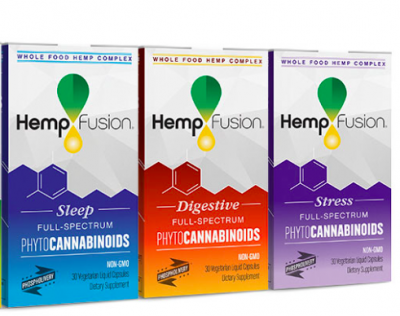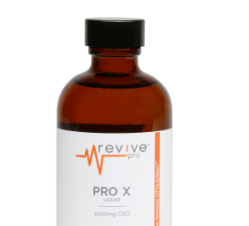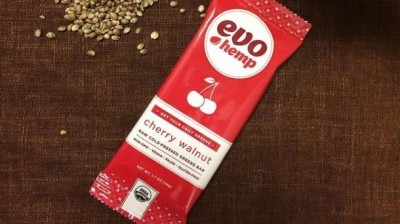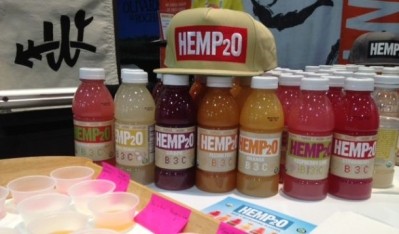So some states legalized recreational marijuana. What’s in it for hemp?
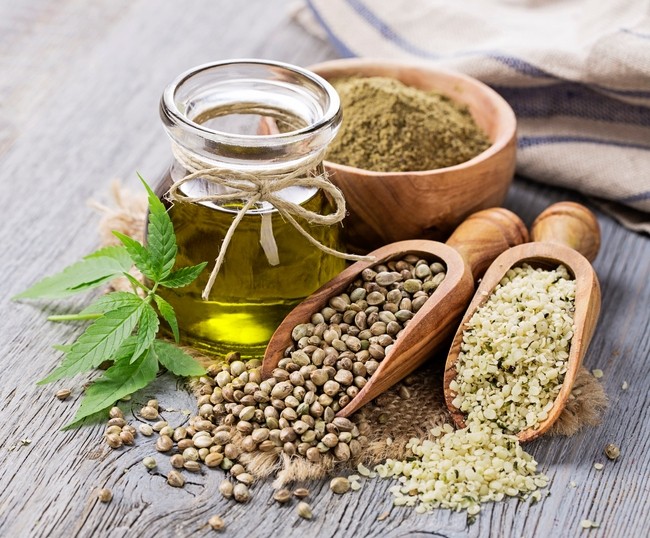
In this year’s presidential election, a majority of voters in California, Massachusetts, and Nevada agreed that recreational marijuana should be legal, while in Maine, it was too close to call (and though votes lean towards “yes” in the first count, the opposing group can still challenge it and request a recount). California’s Proposition 64 explicitly mentioned hemp, and so did Massachusetts’ Question 4.
The propositions included clear definitions of how hemp is distinct from marijuana, and included a clause that clearly states hemp should be regulated differently from marijuana.
“Proposition 64 significantly expands what’s possible, it’s not just limited to university research anymore,” said Eric Steenstra, executive director of the Hemp Industries Association, about the ballot’s impact on hemp.
Though Steenstra could only speak about California’s proposition—HIA provided input during the Proposition 64’s drafting process—the clear distinction and definitions of hemp versus marijuana in both ballots is already a great victory point, he said: “It may allow for legislators to take a more careful look at hemp and where it falls.”
Both states were already included in a 2014 Farm Bill, making them two of 28 states that can cultivate hemp, though with many restrictions. “So [the proposition] changed the existing law to allow more activity,” he added. For example, in California’s case, the proposition significantly reduced minimum acreage to cultivate industrial hemp from five acres to one-tenth of an acre, which opens up hemp-growing to personal and small-scale growers.
Hemp versus marijuana
Confusion arises because hemp and marijuana are the same plant species, Cannabis sativa, but are different varieties. “The hemp variety is genetically different, and significantly different in terms of having low THC,” Steenstra said, referring to the principal psychoactive constituent of the cannabis plant. In other words, hemp can’t make you high.
Federally, the entire plant and all its derivatives are a Schedule 1 prohibited substance—which means it has the same illegal status as heroin. Despite this, it's legal to sell and consume foods, beverages, nutritional supplements, and cosmetics containing hemp. In fact, the US is the largest consumer of hemp products, but restrictive cultivation laws mean that manufacturers have to import their hemp from Canada or China.
"We're actively working to change the law at the state and federal level to allow farmers to grow hemp commercially again," Steenstra said. "We want to see it regulated by the state as another commercial product, and we want to see hemp used much more widely. I expect more states will allow people to grow hemp in the coming years. I also would like to see federal law allow commercial hemp cultivation."
So if recreational marijuana is legalized, what’s in it for hemp?
According to Bruce Trent, EVP of functional beverage company Hemp2O, the legalization of marijuana brings with it more awareness about the whole plant, and hopefully increase awareness about hemp. Currently sold in 25 states, though mostly distributed in California, he’s confident that by 2018, the beverage will be in all 50 states. “Depending on the retail environment, some are a little nervous bringing something that is called hemp,” he said. “But it’s becoming an easier and easier hurdle to overcome as we progress and the awareness level gets higher and higher.”
The 2014 Farm Bill act as well as a Senate-passed bipartisan resolution this summer that recognizes the role industrial hemp could play in boosting the economy are baby steps that have opened opportunities for companies, such as nutrition bar Evo, to use US-grown hemp.
But the small steps forward for hemp have been met with the occasional push back. In August, an updated FDA Q&A on marijuana flatly said that cannabidiol, a nonnarcotic fraction of the Cannabis sativa plant known for its pain relief properties, could not be used as a dietary supplement. The update also extended prohibition to foods sold into interstate commerce.
Undeterred marketers of CBD products have focused attention on deriving CBD from ‘industrial’ strains of hemp, which means those that contain very low levels of THC. Some companies, such as HempFusion, opt to use the whole hemp plant instead of trying to boost levels of certain constituents, to allay regulatory issues.
